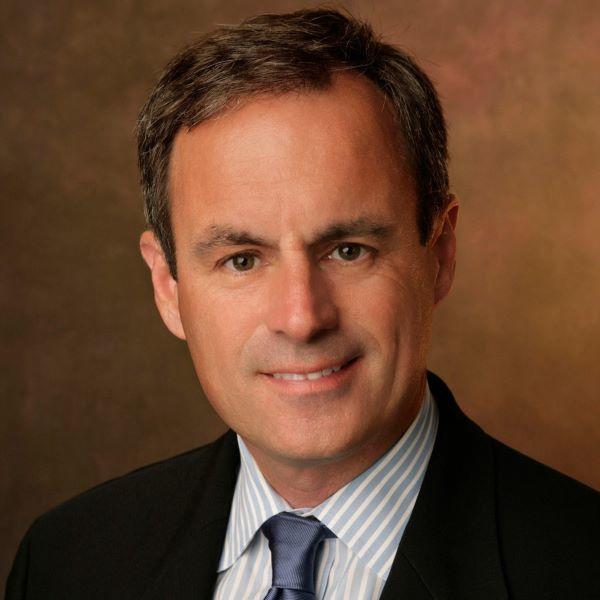Astronauts, soon to be jobless, ask what's next
HOUSTON - Imagine preparing your entire life for a job that is harder to get than President of the United States. You beat odds of better than 13 million to one - and get hired. Then, this highly-specialized job goes away.
America's astronauts don't have to imagine it. They're living it. As we count down to the final shuttle launch, CBS News correspondent Mark Strassmann reports some of them are counting down to the end of their careers.
Michael Fincke's just lived any astronaut's dream by riding on the shuttle last month to the space station.
"Oh, boy you could feel the seven million pounds of thrust," Fincke says. "You could feel it in your bones, the majesty of a space shuttle."
For NASA astronauts, that majesty comes with a new reality. From the Mercury and Apollo glory days -- when astronauts became instant American heroes -- NASA grew to 149 shuttle astronauts a decade ago.
As the shuttle fleet heads for retirement, only 61 of them remain.
"There's a lot of soul-searching happening in the astronaut world," Fincke says. "It's a little intimidating I think, especially for a lot of us who've only had one dream and now all of a sudden things are changing."
Astronaut John Glenn on mulls space program future
Like Fincke, astronaut Rick Mastracchio is sticking around, and with good reason. In 2013, he's heading to the International Space Station. But when he launches, he'll have to ride with the Russians.
"It's very disappointing as an astronaut not to have a vehicle that can carry more folks into orbit," Mastracchio says. "I think we're in for a very big challenge, and the next five years can go either way."
What is clear: American astronauts will fly a lot less. At most, about three or four astronauts a year will squeeze into one of these Russian Soyuz spacecraft, and head to the space station.
On the Soyuz, Americans likely will be passengers. NASA needs fewer astronauts, especially pilots.
Peggy Whitson is chief of NASA's astronaut office. Her job description these days involves many hard conversations.
"Our focus has changed in what specifically we want in an astronaut," Whitson says. "Fifteen years ago we could have specialists in this and this and this. Now I need a generalist that is good at everything."
Whitson has not had to lay off anyone. But since last year, 10 astronauts have been transferred to non-flying roles, retired, or moved on.
Garrett Reisman is one of them. Four months ago, he left NASA in Houston, for Los Angeles and Space X, a private company hoping to build NASA's next vehicle to the space station.
"Transitions are always painful, and I'm not trying to use the word bittersweet," Reisman says. "It's not every day you get to design a space ship, you know?"
As an astronaut, Reisman had two space missions and three space walks. But he now sees better opportunities outside of NASA.
"It was a really tough decision, I'm not going to lie to you," Reisman says. "Because being an astronaut was like the coolest job ever. If you ever had a dream where you can just put your arms out and fly, it's like that every day and that never ever got boring."
Despite all the unknowns, this generation of astronauts still dares to dream of flight.
